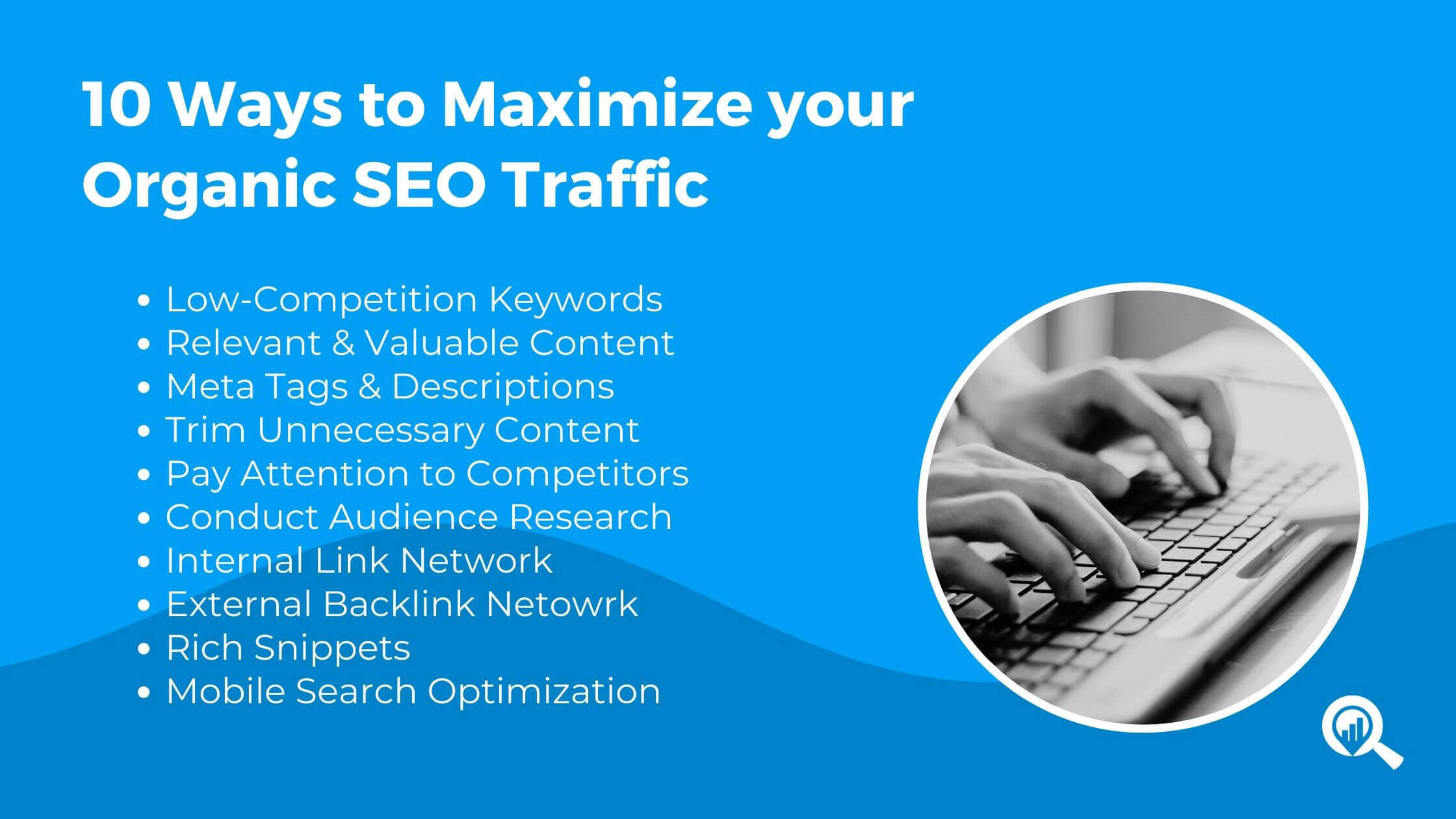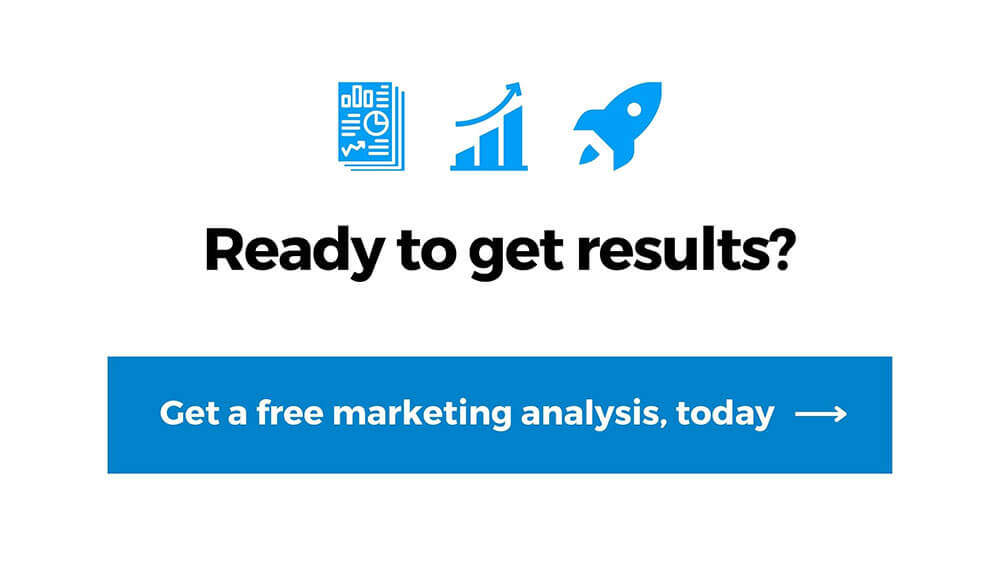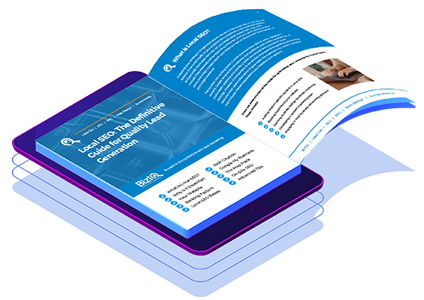
If you’re trying to boost your online traffic, search engine optimization is one of the best options available. However, organic SEO can often take a while to gain momentum, which can be frustrating for businesses that want to see faster results. Fortunately, there are multiple ways to upgrade your organic SEO results, so you don’t have to wait months or years to get more site visitors.

So, with that in mind, let’s dive into the world of organic SEO and review ten ways to get the most out of it.
A Brief Introduction to Organic SEO
When it comes to SEO, there are a few different ways to optimize your site for search engines. The three primary options are organic SEO, paid SEO, and local SEO.
Organic SEO means that all your search engine traffic comes to your website organically instead of through paid ads. While paid traffic can be much higher, it also requires a substantial investment to get the results you want. Typically, it’s best to refine your organic SEO strategies before adding paid advertisements. This way, you can fix any issues and ensure you have excellent click-through and conversion rates before investing more money in your marketing campaign.
Overall, organic SEO can serve as the foundation for your marketing strategy. Because there are so many steps involved, it’s best to take care of these immediately before worrying about other tactics like PPC ads, social media marketing, email marketing, and more.
10 Ways to Maximize Your Organic SEO Traffic
With so many details to take care of, organic SEO can initially feel a bit overwhelming. However, while it’s easy to get lost in the details, you don’t want to forget about other crucial elements. Here are ten pieces to focus your attention on to help your organic SEO work faster.
- Focus on Low-Competition Keywords
More than anything else, keyword research is crucial for success with SEO. Most of your time and energy should be devoted to finding the best keywords that relate to your niche and have lots of traffic. That said, you also need to be strategic about which keywords you try to rank for when building an organic SEO campaign.
As a rule, broader keywords will have much more competition because they get the most traffic. So, instead of trying to rank highly for those keywords, it’s best to narrow your focus to more detailed keyword strings. For example, instead of optimizing for “best fashion store,” you can focus on more detailed keywords like “best affordable fashion store” or “best luxury consignment fashion store.”
While these longtail keywords may not get as much traffic, it’s easier to rank for them because you can focus your attention on one or two aspects within your niche. Plus, it makes it easier to generate relevant content, which is the number one element Google focuses on when ranking pages.
That said, you don’t want to get too niche with your keywords, either. If you’re looking at keywords with low traffic, you may get the top ranking, but your page views won’t increase very much.
- Create Relevant and Valuable Content
While keywords are integral for success with organic SEO, Google and other search engines pay more attention to value and relevancy. Overall, you must address user intent with your content for it to rank higher in search results. To help ensure your content is as relevant as possible, ask yourself these questions:
- What does the user want to achieve by clicking on this link?
- Is this user looking to buy something or find out more information?
- Has this user looked at other websites already, or are they at the beginning of their journey?
- Do we want to complete a sale or nurture a lead over the long term?
- What action is the user most likely to take after clicking this link? (i.e., make a purchase, sign up for an email list, contact a salesperson, etc.)
Getting into the right mindset can help you craft more compelling landing pages that will convert more leads into customers. No matter what, though, the goal is to get the user to do something after coming to your page. Otherwise, site traffic won’t do anything for your bottom line.
It’s also imperative to recognize that most people aren’t ready to buy immediately. So, it’s best to offer calls to action that can nurture a lead until they’re ready to make a purchase. Having high-value content makes the user more likely to subscribe to an email list or reach out to ask questions about your business. From there, you can keep the conversation going.
- Don’t Forget About Meta Titles and Descriptions
One of the biggest challenges regarding organic SEO is that it encompasses so many small details. Meta titles and meta descriptions are crucial because they are what show up in search results. So, you have to ensure they’re optimized for the correct keyword and the page content reflects the same information as the meta description.
Also, since you only have so many words to work with, you need to craft a compelling pitch as quickly as possible. Most meta titles are ten words or less, while descriptions are 25 words or less. With such little room for error, you want to use captivating language that will get a person to click your link. If your text is generic or boring, it’s less likely to get attention.
Finally, these elements should reflect the content that’s on the page. The more information you can provide upfront, the more likely a person will stay on the page and read your content. If you’re too vague or generic, you might wind up with a higher bounce rate because users don’t know what to expect.
- Trim Unnecessary Content
At first, you may think that more is better when developing an SEO strategy. However, a more accurate mantra would be “efficiency is better.” Adding content doesn’t help your SEO marketing as much as streamlining everything on your website.
Part of the reason it makes sense to trim content is if certain pages or posts aren’t getting much traction. A page ranking poorly in search results could lower your overall optimization score. Also, if people aren’t visiting that page anyway, there’s no reason to keep it on your site.
Overall, the more focused and efficient your site is, the easier it will be for search engines to index, thus boosting your rankings in search results.
- Pay Attention to Your Competitors
If you want to rank higher for specific keywords, you need to know who is in the top spot already. As part of your keyword research, you should look at the top five links for each keyword and pay attention to the page content for each link.
This research aims to determine what the top-ranking links are doing correctly and how you can improve your content to compete. Also, it’s valuable to get into the mindset of your target demographic to determine whether the link is valuable for your search or not.
Overall, Google obviously thinks these pages are valuable and relevant to the target keyword, so you want to understand why. From there, you can figure out if you can create content that’s even more valuable and relevant. In some cases, that may mean narrowing your niche focus. In other cases, the answer may be establishing your brand as an authority so you’ll get more backlinks.
To help you understand your plan of action, it’s best to write down essential elements of competitor websites. Pay attention to the page layout, keyword density, the number of images, and more. Then, you can start with the fundamentals and work your way up from there.
- Conduct Audience Research
Just as you need to understand your competitors, you also need to know your audience. Again, relevancy is crucial for ranking high in search results, so the better you can understand your audience’s needs, the easier it is to create valuable content for them.
One of the best ways to do this research is to create customer personas. Essentially, you dive deep into the thoughts and actions of a single persona and why they might be interested in your website. By appealing to this one person, you can likely expand your appeal to reach others with similar backgrounds and motivations.
On the other hand, paying attention to actual demographic data is also critical. Google Analytics can provide many details about the types of people visiting your website, such as where they’re from, their age, gender, and more. In some cases, your current content may appeal to a different demographic than you expected. In that case, you can adjust your content to appeal to those individuals so you’re more likely to boost your traffic overall.
- Create an Internal Link Network
For the internet to work, search engines need a complete list of web pages and how they interact with each other. Links are the easiest way to connect one page to another, and it makes it easier for web crawlers to index specific sites.
Fortunately, you can create your own link network to tell search engines which pages are part of your site and which are the most valuable. For example, if multiple pages link back to a single page, the search engine will recognize it as a valuable component of the site as a whole. Typically, the home page is the most important piece, as every page links back to it. However, other pages like “contact us” or “blog” can be essential for your site too.
Overall, you want to create a comprehensive internal link network but don’t go overboard. As a rule, it’s best to have two or three internal links, as well as a base link back to the home page (i.e., a logo in the top left corner). If you put too many links on a single page, Google may penalize you for overstuffing the page.
- Create an External Backlink Network
While internal links are important, external links are also useful. However, what is most valuable is when another site links back to yours. The more links point to your website, the more valuable it is in the eyes of search engines, helping you rank higher for more keywords.
Although you can’t control when a site links back to your pages, you can be proactive about building a network of backlinks. Some options include:
- Guest Posting – If you write a blog post for another website, they’re more likely to incorporate a link to your homepage or blog.
- Listing Sites – If you have a physical storefront, you can reach out to listing sites like Yellow Pages and provide a site link (along with other pertinent company details).
- Authoritative Content – When producing high-value content, it’s more likely that other sites will reference your materials.
- Focus on Rich Snippets When Applicable
A rich snippet is a small piece of text that addresses a specific question. You may have noticed these snippets when conducting various searches, and they can be extremely valuable for users. In most cases, the snippet provides a quick answer, meaning the user doesn’t have to click through to another page.
These snippets are also valuable for businesses because they rank above other organic search results, and they’re used for voice searches. For example, when someone asks Alexa or Siri a question, these digital assistants will usually recite the rich snippet (if there is one). Not all queries may have a snippet, but it’s best to optimize your content accordingly, just in case.
You can also find out which keywords have snippets and then tailor your content to fit those queries.
- Optimize for Mobile Searches
Now that smartphones and mobile devices are more common than ever, websites need to optimize for smaller screens. Google even penalizes those sites that don’t. Fortunately, most site builders include mobile optimization, but you also have to create content that’s easy to digest on a small screen.
For example, mobile users are willing to scroll endlessly but don’t want to move the screen from side to side to see everything. So, it’s better to create “pillar” content that stretches down the page instead of making your pages wider.

Get Better Organic SEO Traffic With BizIQ
Organic SEO can be frustrating because it takes a while to see tangible results. However, with BizIQ, we can handle all the details for you so that you can trim the wait time and be sure that you’re not missing any elements. We’ve helped build organic SEO traffic for tons of clients, and we want your business to succeed. Contact us today to find out more about how our professional SEO team can boost your online traffic.










